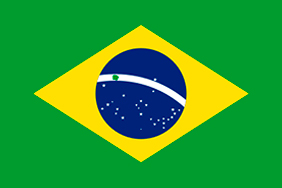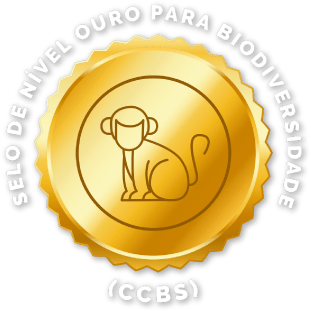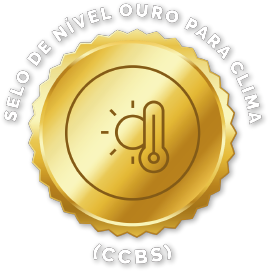Family farming changing lives in the world’s largest carbon program in a private area.
Family farming changing lives in the world’s largest carbon program in a private area.
The Vale do Jari REDD+ Program is a partnership between Ambipar Environment and the Jari Group, consisting of three projects – the Jari Amapá REDD+ Project, the Jari Pará REDD+ Project, and the Panãma REDD+ Project. In 2025, the partnership will mark 14 years of operation and conservation in the Amazon.
The Jari Amapá REDD+ Project, the first to be implemented in the Program, is developed on private land in the state of Amapá, covering approximately 117,000 hectares under management.
It combines various activities, including sustainable forest management and the promotion of agro-extractivism, respecting the forest while providing employment and income for families in the Vale do Jari.
The REDD+ Projects aim to include as many rural producers as possible in the policy of encouraging family farming, with support from civil society organizations.
This promotes socioeconomic development and strengthens regional production chains, improving the well-being and food security of the impacted communities.
Impact of the Jari Amapá REDD+ Project
under management
per year
of which 06 are
endangered
in 13 impacted communities
Co-Benefits
The Jari Amapá REDD+ Project contributes to the United Nations Sustainable Development Goals (SDGs).
The project helps combat hunger by implementing sustainable food production systems, restoring previously degraded areas through the establishment of Agroforestry Systems, and diversifying agricultural production with the establishment of seedling nurseries.
124 families have already benefited from the intensification of Technical Assistance and Rural Extension services, as well as from training focused on production, social organization, cooperativism, leadership, and financial management, developing technical and professional skills.
All project activities are open and encouraged for the participation of all residents of the active communities, particularly women, youth, and marginalized people. In total, 259 women have benefited from the training, with 14 experiencing an improved quality of life as a result of the actions.
The project promotes the conservation of natural resources alongside socioeconomic development, focusing on supporting sustainable business chains to enhance the well-being of local communities. Additionally, it encourages the responsible use of natural resources, low-carbon agriculture, and the restoration of degraded areas.
The Jari Amapá REDD+ Project has the potential to reduce 3,450,278 tCO2eq of GHG emissions over 40 years. The carbon credits are generated by preventing the total deforestation of 79,129 hectares of native forest.
The project promotes biodiversity conservation, ensuring the maintenance of ecosystem services, protecting High Conservation Value Areas (HCVAs), and serving as an ecological corridor for preserved areas in the region. It supports 343 fauna species (including 6 threatened species) and 350 flora species, which include several endemic species.
Fill in the fields below to offset your company's emissions.
office
Av. Angelica, 2330
Ed. New England - 5th floor
Higienópolis, São Paulo - SP
PRESS
Send an email to: mkt.decarbon@ambipar.com




